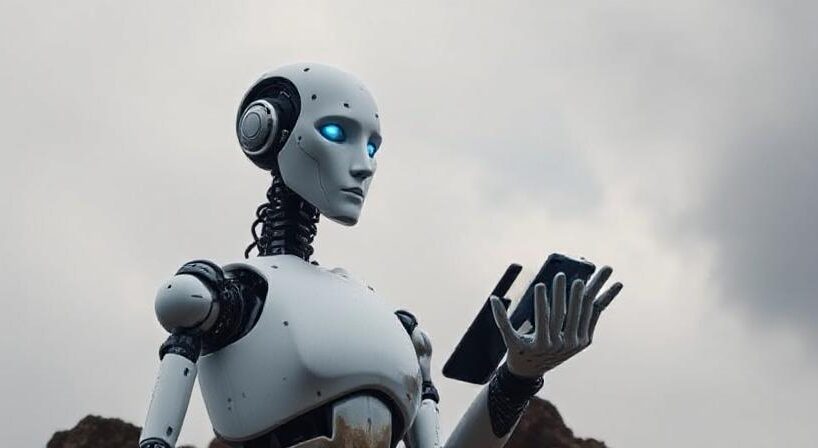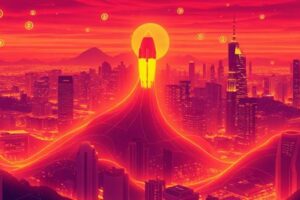
Artificial intelligence stands at the crossroads of history, offering humanity both a chance for renewal and a risk of further decline. For centuries, Western civilization has wrestled with cycles of growth, stagnation, and conflict—patterns worsened by concentrated power in the hands of financial and political elites. The question today is not simply what AI can do, but who controls it and whether it decentralizes opportunity or tightens existing monopolies.
A Civilization in Stagnation
The West’s current malaise is rooted in centralization. Since the early 20th century, entrenched power structures—military-industrial complexes, monopolistic capitalism, and elite-driven corporatism—have slowed innovation and deepened inequality. Resources are hoarded, growth is uneven, and mass unrest often erupts in the form of wars and social upheavals.
AI could break this cycle, but only if it is developed and deployed in ways that expand access rather than restrict it.
AI’s Decentralizing Promise: Innovation for All
When AI empowers individuals and small enterprises, it democratizes knowledge and unleashes creativity. Large Language Models and open-source frameworks already allow entrepreneurs, educators, and creators across the globe to compete with Silicon Valley.
For instance, startups in developing nations can now use open AI tools to build products once impossible without huge capital. Decentralized AI can drive personalized education, improve healthcare, and create new avenues of entrepreneurship, lifting barriers for those historically left behind.
This technological shift could resemble a new Renaissance—expanding geographical and economic frontiers, redistributing wealth, and sparking cultural growth.
The Centralizing Threat: Entrenching Elites
Yet, AI also has the potential to worsen inequality. If powerful corporations or authoritarian states monopolize advanced AI systems, society risks greater stagnation and division. Proprietary super-models locked away from public use could entrench elite privilege, suppress competition, and deepen class divides.
Worse, AI could become a tool for surveillance, propaganda, and militarization. Centralized control of AI opens the door to mass manipulation, predictive policing, and autonomous warfare. Under such a system, a one-world authoritarian order could emerge—erasing diversity and accelerating moral decline.
The result: mass unemployment, heightened inequality, and a global digital divide too vast to bridge.
A Choice Still in Our Hands
Humanity is not powerless in this transition. With proper safeguards, ethics frameworks, and antitrust measures, societies can prevent AI from becoming a monopoly of the few. Decentralized AI networks powered by blockchain, edge computing, and open-source collaboration offer a roadmap toward a fairer distribution of technological power.
This path requires collective will. Governments, businesses, and citizens must actively resist centralization while fostering innovation that empowers the many. If AI is built on principles of openness, privacy, and accessibility, it could transform civilization from stagnation into renewal.
Conclusion: Renewal or Ruin?
The future of AI is inseparable from the future of civilization itself. Centralization leads to stagnation, inequality, and conflict; decentralization sparks growth, creativity, and renewal. The stakes are nothing less than the direction of human history.
Whether AI becomes a tool of empowerment or oppression depends on the choices we make today. Humanity must choose wisely—because the future depends on the AI we build.







